I think theatre should always be somewhat suspect
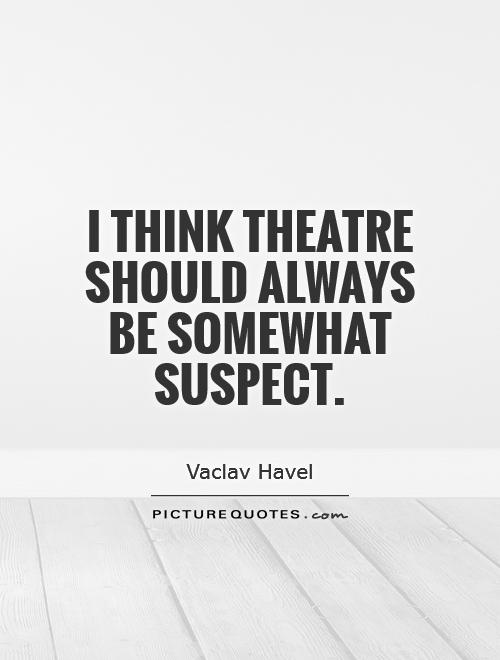
I think theatre should always be somewhat suspect
Vaclav Havel, the renowned Czech playwright, dissident, and former president, was a firm believer in the power of theatre to challenge authority and provoke critical thinking. Throughout his career, Havel used his plays to shine a light on the absurdities and injustices of totalitarian regimes, particularly the communist government that ruled Czechoslovakia for much of his life.Havel's belief that theatre should always be somewhat suspect can be understood in the context of his own experiences living under a repressive regime. In a society where dissent was not tolerated, where censorship was rampant, and where the government sought to control every aspect of public life, theatre became a vital tool for resistance and subversion. By questioning the status quo, by challenging the official narrative, and by presenting alternative perspectives, theatre had the power to disrupt the carefully constructed facade of the regime and expose its contradictions and hypocrisies.
For Havel, theatre was not just entertainment or escapism; it was a form of political engagement and a means of resistance. By creating works that were critical of the government and that spoke truth to power, Havel sought to inspire his fellow citizens to think critically, to question authority, and to imagine a different kind of society. In this sense, theatre was a form of activism, a way of challenging the dominant ideology and advocating for change.
Havel's belief that theatre should always be somewhat suspect also reflects his understanding of the complexities and ambiguities of human nature. In his plays, Havel often explored the ways in which individuals can be complicit in their own oppression, how they can be seduced by power and corrupted by privilege. By portraying characters who are flawed and morally ambiguous, who are capable of both great heroism and great cowardice, Havel challenged his audiences to confront their own moral dilemmas and to consider the ethical implications of their actions.
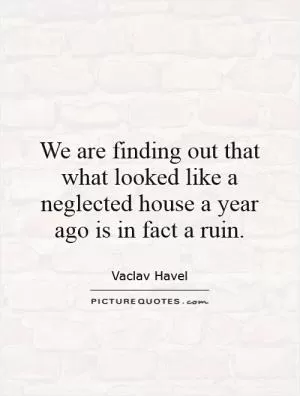

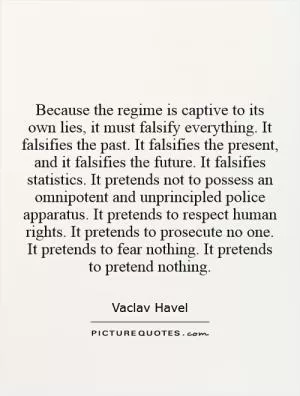
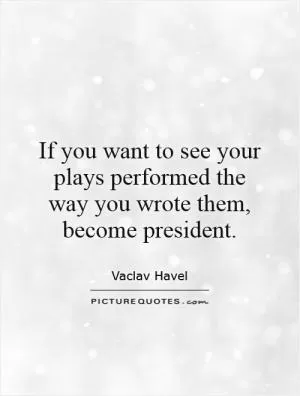




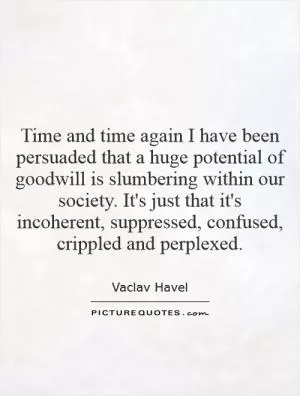



 Friendship Quotes
Friendship Quotes Love Quotes
Love Quotes Life Quotes
Life Quotes Funny Quotes
Funny Quotes Motivational Quotes
Motivational Quotes Inspirational Quotes
Inspirational Quotes